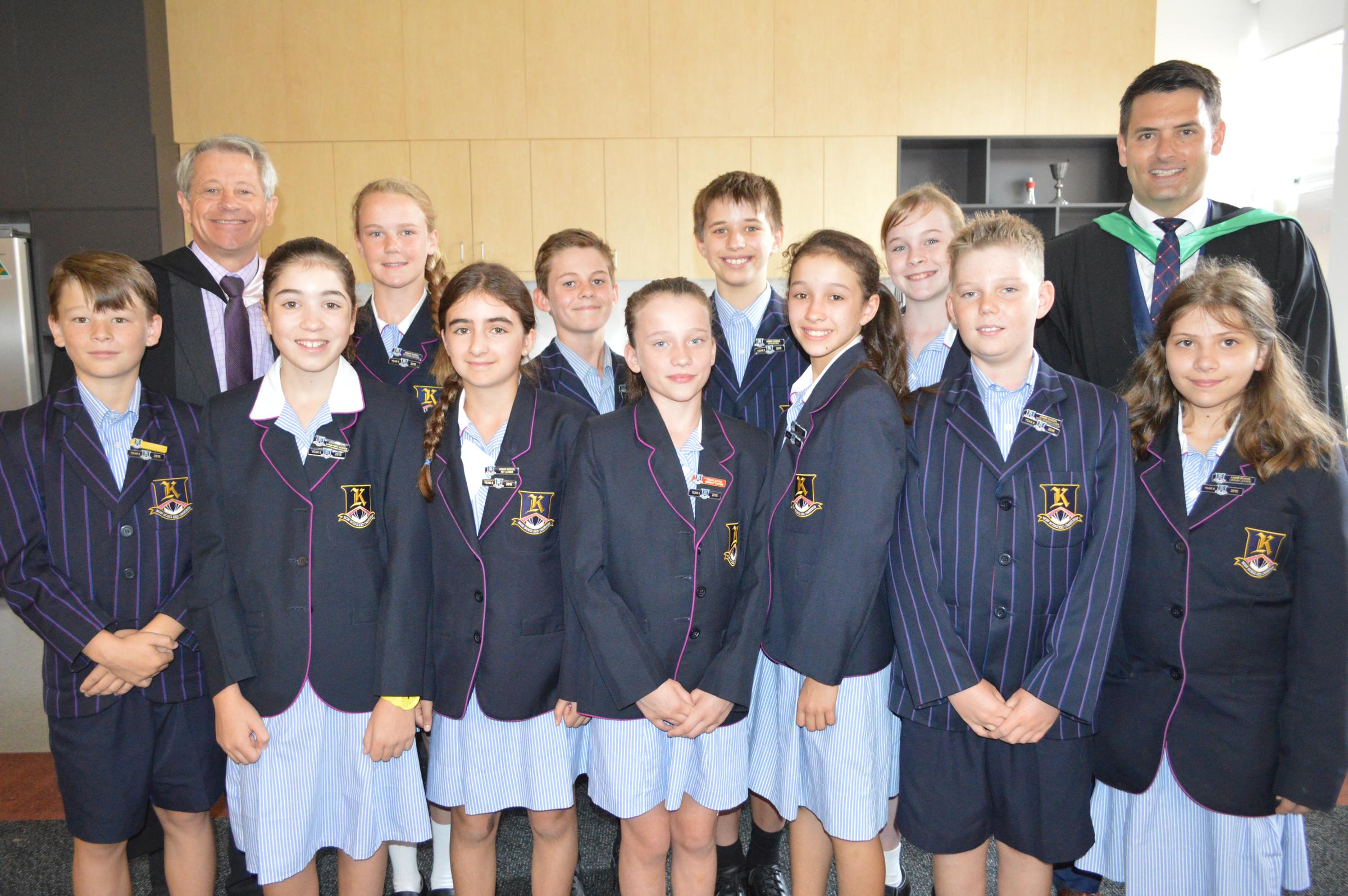From the Leadership Team

Finding a Voice in our Nurturing Environment
Having stepped into an acting Head of Junior School role this year, I have been fortunate to regularly observe a number of classrooms and students from ELC to Year 12. Specifically, how students interact with each other and their teachers. The impact of this socialisation on student development has long been a topic of discussion in schools. Influential educator and psychologist, Lev Vygotsky, declared that we learn through our interactions and communications with others. His social development theory paved the way in helping us to understand how people learn in social situations and informs how we as teachers can construct active learning communities for students to flourish.
This remains particularly relevant in the early childhood and primary contexts whereby teachers provide ongoing opportunities for students to interact with each other through discussion, collaboration and reflection. Early childhood and primary teachers will give great thought into manipulating the physical environment and curriculum to achieve social engagement between students. Play-based learning, such as role-play and similar structure-free activities, provides students a medium to socialise with their peers in a low-risk environment. Here, students can experiment with diverse forms of communication and learn about their corresponding effects. Conversations, disagreements, or even arguments, therefore become learning opportunities for young students and if closely monitored can actually support the development of crucial life skills such as negotiation, compromise and persuasion.
Although essential in the primary and early childhood setting, the advantages of this ‘low-risk environment’ is not lost in upper years of schooling and tertiary education. Kilvington continues to offer all its students and teachers a social environment that is conducive to risk taking and audacity in learning. The small social community within the School enables students to critically reflect on their personal assumptions and challenge societal norms in a nurturing environment. When continuously exercised, this open-minded approach can be the driving force behind student academic, social and emotional achievement. Kilvington’s sense of belonging enables not only the students but also teachers to engage in higher levels of thinking and expression knowing their voice is heard and valued.
Academic excellence will always remain a high priority in all our practice at Kilvington. I love seeing our students achieve their potential in all areas of the curriculum in the Junior School. But we also recognise that every student, whether they be early childhood, primary or secondary, needs to feel secure in their learning environment to express their own beliefs. From this can come ideas and perspectives that we may not have heard and potentially change our future.
Sebastian Earle, Acting Head of Junior School
